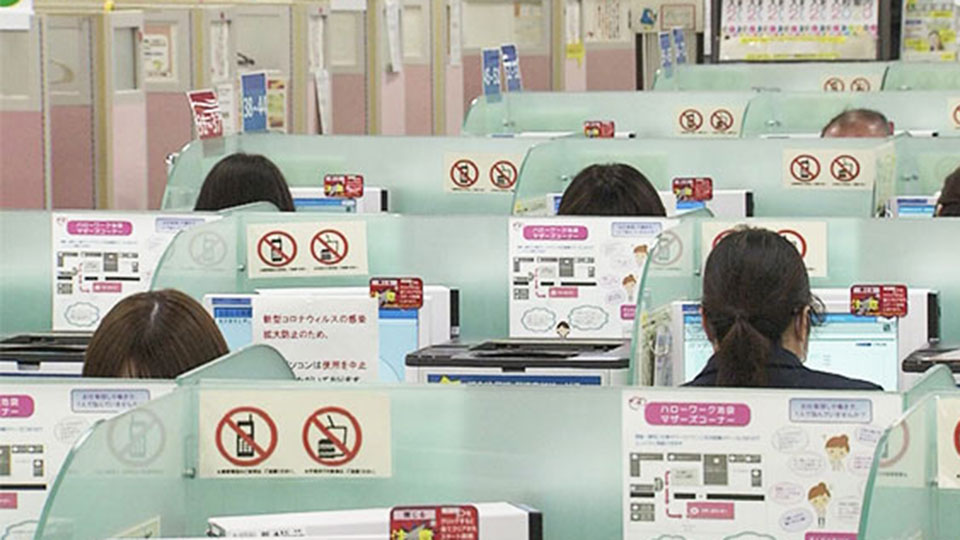A woman in her 40s, who spoke with us on the condition of anonymity, lost her part-time job in July when the pub in Tokyo where she worked closed down. According to the Labor Ministry, she's one of more than 30,000 non-regular workers rendered jobless by the pandemic between May and October. The actual number is believed to be higher.
A single mother, she had worked five days a week to support two children in university. She applied for welfare to make ends meet until she finds a new job, but was rejected, despite paying unemployment insurance premiums.
The reason given was that she was deemed to have left her job voluntarily. The woman says when her workplace closed, the operator offered her a job at another pub. She declined, citing a long commute and a significant cut in working hours. The company then asked her to submit a letter of resignation stating, "I'm quitting for personal reasons."
Inflexible during crisis
Under the system, anyone losing a job on account of the employer is eligible for welfare payments if they've paid six months of insurance premiums during the previous year. But to be eligible when quitting a job voluntarily, the required period for premiums is extended to a total of 12 months over the past two years.
The woman was just shy of the minimum requirement at 11 months, excluding a period when the pub was temporarily closed due to the pandemic. She challenged the reason for her resignation cited on the letter, but her former employer rejected it.
"I've worked just as hard as full-time employees," she says. "But once things turned bad, the employer conveniently let me go and blamed it on me. It's unfair. What have I been paying the insurance premiums for if I can't receive the benefits? I'm so frustrated."

In the year to March, labor bureaus handled some 40,000 consultations about leaving work, whether or not a person left their job voluntarily. The number, second only to consultations about bullying and harassment, represents a two-fold increase in the past 10 years.
Non-regular workers particularly vulnerable
Professor Takahata Junko of Kyoto Sangyo University studies the mechanisms of employment insurance. She points out that non-regular employees are particularly vulnerable when leaving their jobs.
"In most cases, the reason for a resignation is determined based on materials prepared by the employer, which often lack evidence supporting the worker's argument," she says.
"As the virus spreads, we may see more cases where the current employment insurance system is not fit for purpose," says Takahata. "We should consider another mechanism for those who slip through the system."

